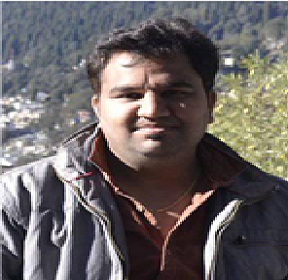
Dr Mahesh Kumar
Graphic Era Deemed to be University IndiaTitle: Mems impedance flow cytometry: A computation analysis for biological cell motion manipulation
Abstract:
Efficient manipulation of microbiological cells has always been an important task in the healthcare sector. For this purpose, dielectrophoresis (DEP) based microfluidic cell separation devices have been proven to be a promising technology. The DEP technique uses the dielectric properties of the micro-entities such as micro-particles and biological cells to manipulate the motion in the fluidic medium. The motion manipulation of cells/microparticles can be achieved using a non-uniform electric field in the microchannel with an appropriate external AC supply. The DEP forces generated in the micro-channel depend upon various biological and physical parameters of cell and suspending medium. Apart from that, design parameters of the microfluidic channel and dimension of electrodes used for generating DEP action also play a major role in microcell/bead manipulation. This session will cover the computational analysis approach on microfluidic device optimization and future perspectives for efficient biological cells separation by interrogating electrode structure, channel dimensions, and other electrical aspects in the devices with the finite element method.
Biography:
Mahesh Kumar recently completed his PhD research at the age of 32 years from Manipal University Jaipur (India) on topic ‘A Microfluidic Device for Efficient Diepectrophoretic Separation and Sensing of Biological Cells. He ha salso completed his masters from IIT Kharagpur (India) in the area of microfluidics. He is currently working as Assistant Professor in Department of Computer Science and Engineering, Graphic Era Deemed to be University Dehradun, India. He has published several research papers in reputed journals and has been served in many reputed journals as journal reviewer.
